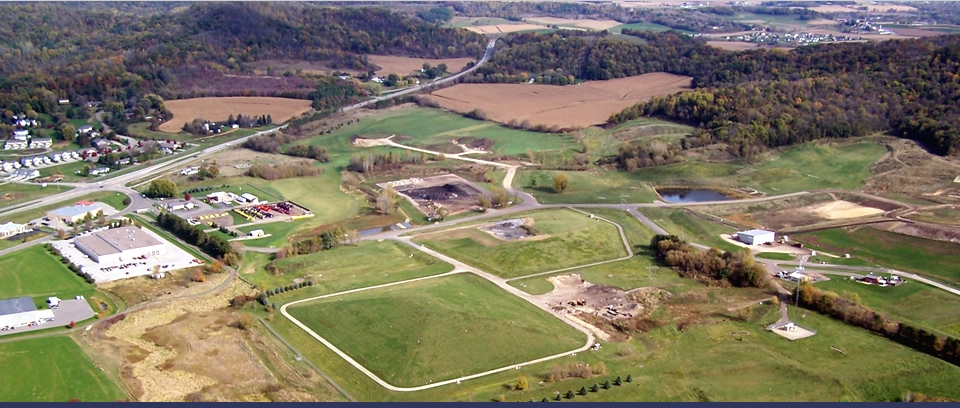National
Wisconsin Senate lifts mining moratorium

Mining runoff could pollute streams and rivers
MADISON, Wis. — Republican lawmakers took their final steps toward lifting Wisconsin’s nearly 20-year ban on gold and silver mining Tuesday, pushing a bill that would eliminate the prohibition through the state Senate and on to Gov. Scott Walker.
The GOP has been pushing the measure since mid-September. The Assembly passed it last week. The Republican-controlled Senate followed suit with a 19-14 vote Tuesday evening.
The bill goes next to Walker’s desk, creating a potential dilemma for the governor. He voted for the moratorium when he was a member of the state Assembly. But Walker spokesman Tom Evenson said in an email following the Senate vote that Walker plans to sign the bill.
“As the governor has said, if there’s any state in the country that should be able to conduct safe and environmentally sound mining, it should be the Badger State,” Evenson wrote.
Gold, silver, copper, zinc, nickel are often found bonded to sulfur. Such compounds produce sulfuric acid when exposed to oxygen and water, creating the risk that mining runoff could pollute streams and rivers.
Legislators passed statutes in 1998 that require sulfide mining applicants to prove a similar mine has operated in North America for a decade without polluting and a similar mine has been closed for 10 years without polluting.
No other state has such requirements. The Wisconsin Department of Natural Resources has never issued a final determination that any mining applicant has satisfied the requirements, leading critics to label the statutes a moratorium on mining.
The new bill would eliminate the ban as well as ease regulations for mining companies.
The proposal would exempt large-scale sampling operations from having to obtain environmental impact statements. Administrative law judges wouldn’t be able to block any DNR decisions on mining applications, forcing challengers into trial court.
The bill also eliminates requirements that applicants establish a perpetual trust fund to cover environmental damage. Applicants instead would have to maintain financial responsibility for any environmental damage within 40 years of closure. After the 40-year mark, they would have to maintain the water management systems until 250 years have passed.
The bill comes as Aquila Resources Inc. is considering two potential mining sites in northern Wisconsin’s Taylor and Marathon counties. The company has registered in support of the legislation.
The measure’s opponents, including the River Alliance of Wisconsin, the Sierra Club’s state chapter and the Wisconsin Association of Lakes, maintain that the lifting the ban will open the door to devastating pollution. Supporters have countered that mining could help the economy in northern Wisconsin, where unemployment is generally worse than the statewide average.
Debate lasted only about half-an-hour in the Senate. Democrats warned lifting the moratorium would ruin the environment and lead to dwindling outdoor tourism dollars.
The memory of a GOP bill that dramatically loosened the state’s iron mining regulations hung over the chamber. Republicans passed the bill in 2013, hoping to clear the way for Gogebic Taconite to dig a massive open-pit mine near Lake Superior. The company promised the mine would create hundreds of jobs but ultimately gave up on the project.
“Here we are again, putting the health of our constituents at risk for the promise of jobs that may never come,” said Democratic Sen. Mark Miller of Monona.
The bill’s author, Republican Sen. Tom Tiffany of Hazelhurst, issued a news release after the vote promising the bill will provide economic opportunity for northern Wisconsin.
“(The bill) invites back a multi-billion dollar industry with a long and proud history in Wisconsin,” Tiffany said.






